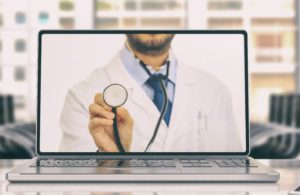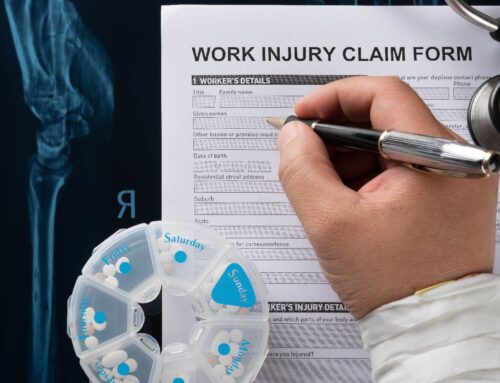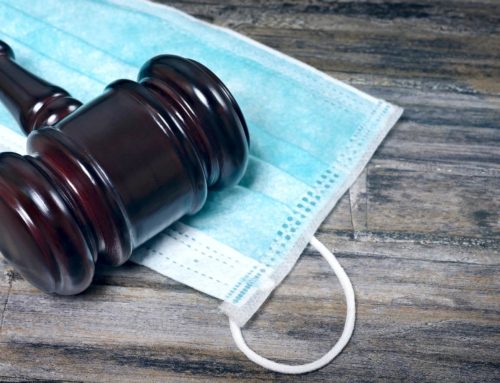By: Michael Brottman
On March 19, 2020, Governor Phil Murphy signed legislation expanding access to telehealth services in an effort to ease the strain on New Jersey’s healthcare providers who have become overburdened as a result of the COVID-19 pandemic. This will allow a greater number of NJ residents to be evaluated by a doctor without having to leave their homes. This important measure will reduce the spread of COVID-19 by maintaining social distancing, while still allowing individuals to obtain the medical care they need for other health problems, which continue to require treatment during the COVID-19 pandemic.
“Telehealth is crucial in order to allow as many New Jerseyans as possible to get the medical services they need during this crisis,” said Governor Murphy. “Through the expansion of telehealth services as well as the waiving of licensure requirements for out-of-state professionals, we will be able to accept assistance from both in-state and from out-of-state more easily and allow residents to get the help they require.”
“Telehealth” or “telemedicine” is the remote diagnosis and treatment of patients by means of telecommunications technology. Nirav K. Shah, M.D., a neurosurgeon with Princeton Brain, Spine and Sports Medicine, has been able to continue treating his patients through the COVID-19 pandemic by using this technology. He believes the expansion of this program will benefit both practitioners and patients. “With today’s technology, we can virtually be with a patient in every meaningful capacity. The most important thing is that it allows us to continue treating our patients safely and without hesitation. The clarity of picture and ability to have real-time feedback is an essential part of telemedicine and is transforming medicine as we speak. Clearly it is critical for infection control, relieving stress, and allowing us to do our calling, which is ultimately, to take care of our patients.”
The federal government has also expanded citizens’ access to telemedicine during this unprecedented public health crisis. The Coronavirus Preparedness and Response Supplemental Appropriations Act allows the Secretary of the U.S. Department of Health and Human Services to waive or modify certain Medicare, Medicaid, and Children’s Health Insurance Program (CHIP)requirements. This ensures that sufficient health care items and services are available to meet the needs of individuals enrolled in Social Security Act programs and that good faith providers of such services can be compensated. Many private health insurers have also loosened policy restrictions, including some who are temporarily waiving normal co-insurance payments, to allow greater access to telehealth services to people who need them. Please contact your doctor’s office or health insurance provider directly to see to what extent these services may be available to you.
Michael D. Brottman is a workers compensation attorney and partner in the Lawrenceville, NJ law firm of Szaferman, Lakind. He can be reached at 609-275-0400 or via email at mbrottman@szaferman.com.
For more COVID-19 related resources and articles visit our COVID-19 Resource Center.
The foregoing is intended for general information purposes and is no substitute for specific legal advice.






